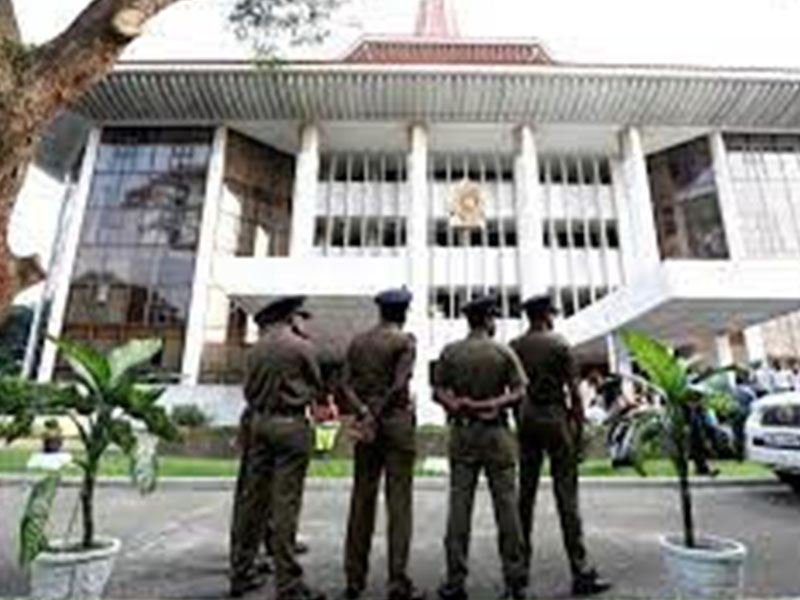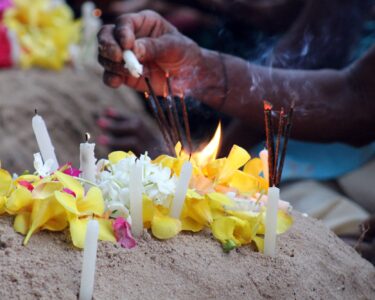The Supreme Court of Sri Lanka has struck down the “Prevention of Terrorism Bill—or de-radicalisation from holding violent extremist religious ideology—Regulation No. 1 of 2021,” ruling that it violates the fundamental rights guaranteed under the Constitution. The Court found that the regulations were inherently flawed and could lead to arbitrary decisions and the infringement of individual liberties.
The regulation, which was introduced in 2021, aimed to provide a rehabilitation program for individuals holding extremist religious ideologies. However, the Court found that the definition of “extremist religious ideology” was vague and could be used to target individuals based on their personal beliefs rather than any actual risk of violence.
The Court also expressed concern that the regulations could be used to arbitrarily detain individuals without due process. It noted that the regulations allowed for the detention of individuals for up to two years without trial and that there was no mechanism for appeal.
In addition, the Court found that the regulations violated the right to freedom of expression. It noted that the regulations could be used to restrict individuals from expressing their religious beliefs, even if those beliefs were not violent in nature.\
The Supreme Court’s decision is a significant victory for human rights in Sri Lanka. It sends a clear message that the government cannot use the fight against terrorism as a pretext to curtail individual liberties.







